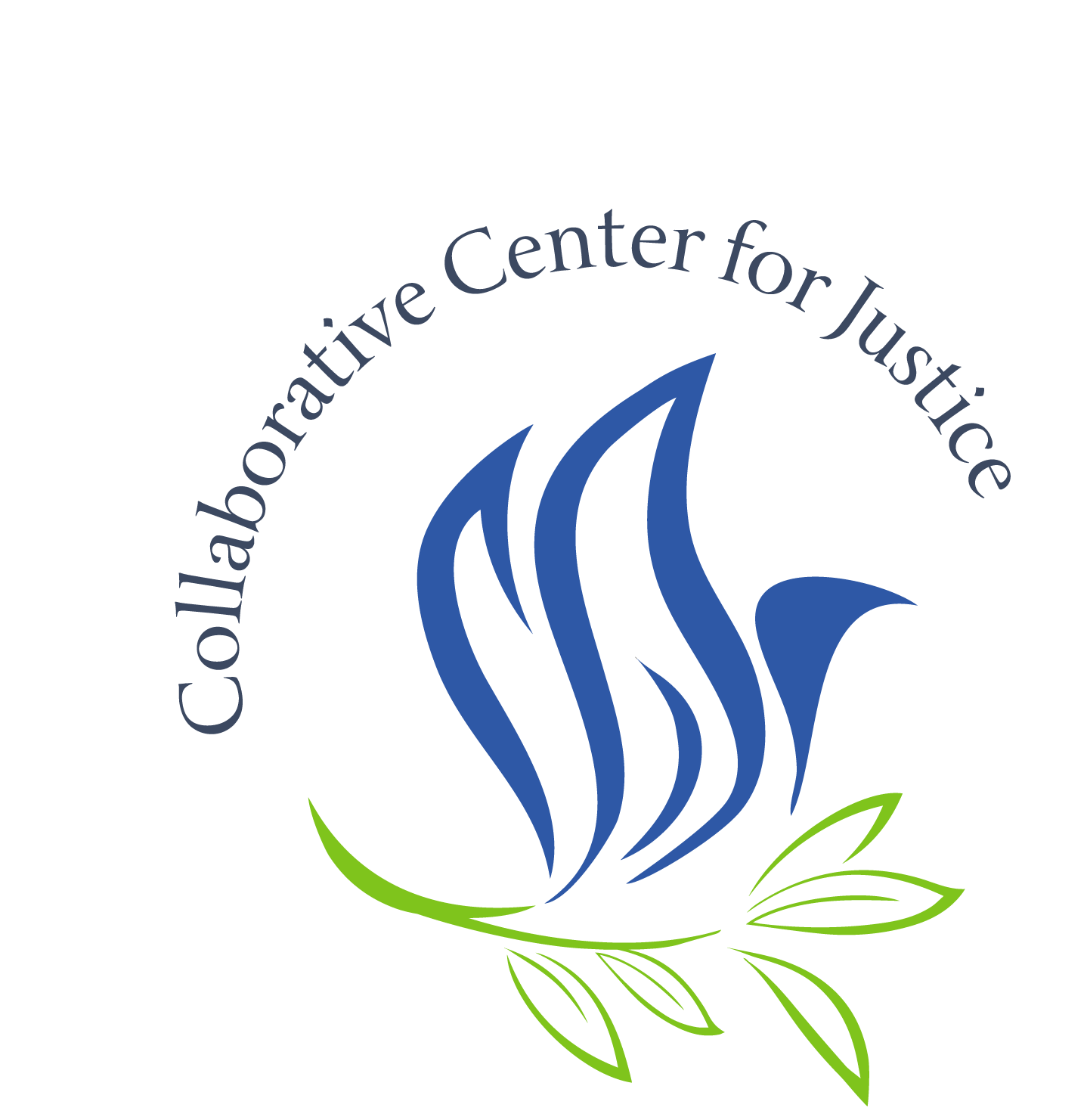
CCFJ Action Alert!
The Issue:
Mass incarceration and the consequences of having a criminal record impacts the entire nation because of its historically unprecedented scope, the way it drains the economy, and how it disproportionately targets communities of color and poor people. According to the FBI, 30% of American adults have some sort of criminal record. By age 23, 50% of black men and 40% of white men will be arrested. Even if these arrests do not result in a conviction, they do produce a criminal record which can haunt these people for the rest of their lives, locking people out of opportunities to meet their basic human needs. Nationally, most employers (90%), landlords (80%), and colleges (60%) use background checks in the recruiting process.
The Action:
Contact your state legislators and ask that they support the clean slate bill raised in the Judiciary Committee (S.B. 403). It would allow people who have already been punished to support themselves, provide for their families, and contribute to their communities. Clean slate would automatically expunge the criminal records of people who have returned to outside society and remained crime-free. We support Raised Senate Bill No. 403 because it would:
- Include all misdemeanors and Class C, D, and E felonies (except sex crimes and family violence)
- Not exceed the current 3- and 5-year waiting periods for misdemeanors and felonies, respectively, of the current petition-based system
- Apply retroactively
- Include antidiscrimination protections for people with records
Potential Talking Points & Resources:
Sapping National Resources
If not for mass incarceration and the collateral consequences of a criminal record, the U.S. poverty rate could have dropped a full 20% between 1980 and 2004.
In 2014, the employment penalty for felony convictions cost the U.S. economy 1.9 million workers
Poor People Are Targeted & Kept Poor
Nearly half the people in Connecticut’s shelters have been incarcerated. Over 17,000 people entered Connecticut’s shelters between 2016 and 2019; more than 8,000 have been incarcerated.
A criminal record reduces a job seeker’s chance of getting a callback or job offer by nearly 50 percent.
Nearly half of American children now have at least one parent with a criminal record.
Expungement Works & Creates Opportunity
A 2019 study in Michigan found that those who have had their records expunged saw a 25% pay increase after just two years.
A study of the U.S. military found that individuals with felony records were promoted more rapidly and to higher ranks than others, and were no more likely to be discharged for negative reasons than individuals without records.
A benefit-cost study of a limited number of record expungement recipients in Santa Clara County, California, estimated the net benefits of expungement at $5,760 per recipient per year.
Individuals who remain crime-free three to four years after a nonviolent conviction are no more likely to recidivate than the general population is to be arrested.
Sample Script:
“Hello, my name is __, and I live in your district at [address]. I am writing to ask that you support S.B. 403. Everyone deserves the right to support themselves, to provide for their families, and contribute to their communities. This bill would help to relieve formerly incarcerated individuals and their families of the lifelong burdens that come with having a criminal record. That will have an impact on generations to come because nearly half of American children have a parent with a criminal record. As a person of faith, this is important to because I believe in the dignity and worth of every person. Thank you for supporting S.B. 403.”
Who to Contact:
Calls and emails are needed to your local legislators. Click here to find your legislators.
If your legislator is on the Judiciary Committee, it’s even more important that you reach out to them before March 30 to urge them to support S.B. 403 and vote it favorably out of committee.
If you can do so before the morning of Monday, March 9, you can also submit the text of the message you wrote to your legislator to the Judiciary Committee as written testimony in anticipation of its public hearing at judtestimony@cga.ct.gov. The public hearing will be at the Legislative Office Building (210 Capitol Ave), Room 2C at 10:00 a.m. Parking will be tight.
Click here to find the Judiciary Committee members.
Thank you for your advocacy efforts!
Visit our website at ccfj.org
Like us on Facebook!
860-692-3066



